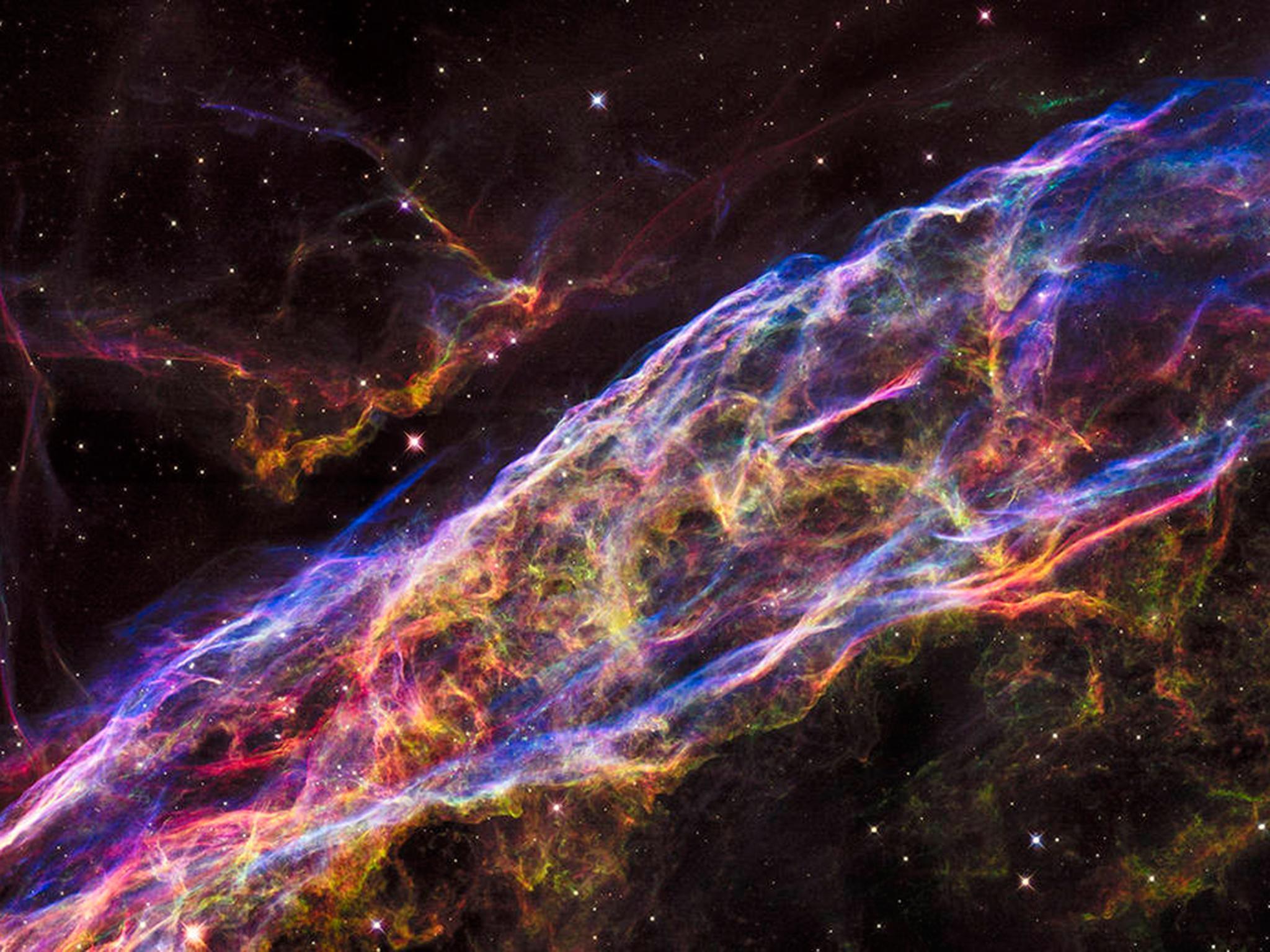Earth was one of the universe’s first habitable planets, and we’re likely to miss chance to meet future alien civilisations, study claims
Alien civilisations are likely to be born in the future — but they’ll get to the universe so late that they could have no idea how it started, scientists say

Your support helps us to tell the story
From reproductive rights to climate change to Big Tech, The Independent is on the ground when the story is developing. Whether it's investigating the financials of Elon Musk's pro-Trump PAC or producing our latest documentary, 'The A Word', which shines a light on the American women fighting for reproductive rights, we know how important it is to parse out the facts from the messaging.
At such a critical moment in US history, we need reporters on the ground. Your donation allows us to keep sending journalists to speak to both sides of the story.
The Independent is trusted by Americans across the entire political spectrum. And unlike many other quality news outlets, we choose not to lock Americans out of our reporting and analysis with paywalls. We believe quality journalism should be available to everyone, paid for by those who can afford it.
Your support makes all the difference.Earth was one of the first habitable planets in the universe, according to a new study.
We were among the first 8 per cent of worlds that could potentially support life when we came into being 4.6 billion years ago, according the astronomers behind the study. Many of the other Earth-supporting planets won’t turn be around for some time — and are likely to come about after our own sun burns out in six billion years.
Astronomers looked at data from the Hubble and Kepler space telescopes to come to the conclusion. The latter was built in part to look for the kind of earth-supporting planets that could be sustaining life elsewhere in the universe.
Lead researcher Dr Peter Behroozi, from the Space Telescope Science Institute (STScI) in Baltimore, US, said: "Our main motivation was understanding the Earth's place in the context of the rest of the universe. Compared to all the planets that will ever form in the universe, the Earth is actually quite early."
Humanity arrived early enough to be able to see back into the beginnings of the universe with telescopes like Hubble and other equipment.
But that same understanding might be off-limits to future civilisations. Because the universe is expanding so fast, any observable evidence of its beginnings is likely to be erased — leaving people in the future with no clue about how the universe got to where they are.
Galaxy observations show that 10 billion years ago stars were forming rapidly, but the process used only a fraction of all the hydrogen and helium in the universe.
Today, stars are being born at a much slower rate and, with the amount of raw material still available are likely to continue being created for a very long time to come.
Kepler had shown that Earth-sized planets occupying "habitable zones" - the orbital path just the right distance from a star to allow liquid surface water - are common in our galaxy, the Milky Way, the scientists added.
They estimate there could be one billion Earth-sized worlds in the Milky Way, a large proportion of which are rocky.
That figure soars when the other 100 billion galaxies in the observable universe are taken into account.
The last star is not expected to snuff out until 100 trillion years from now, providing time for untold numbers of potentially life-sustaining Earth-like planets to form in habitable zones.
Future Earths are more likely to appear inside giant galaxy clusters and dwarf galaxies which still have large reserves of star-building gas, said the scientists.
The research is published in the journal Monthly Notices of the Royal Astronomical Society.
Additional reporting by Press Association
Join our commenting forum
Join thought-provoking conversations, follow other Independent readers and see their replies
Comments